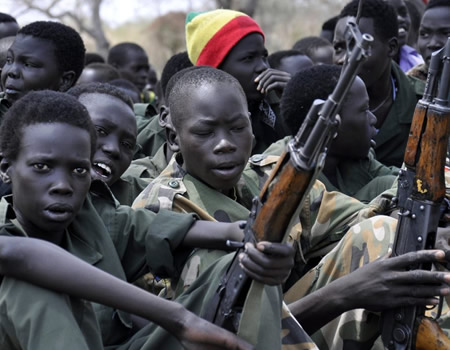

Reiterate its call for parties to abide by their ceasefire commitments and fully implement the agreement, and call on all parties to uphold their obligations under international humanitarian law (IHL) and international human rights law (IHRL).On December 2, a 16-year-old boy was killed, and two other children were injured, in an attack as they left their school in the city of Al Ajaylat. The COVID-19 pandemic has also severely impacted child immunization schedules, with UNICEF and the World Health Organization (WHO) warning that severe vaccine shortages have left 250,000 children at risk of illness or death from preventable diseases. Between March and September 2020, nearly 500 children intercepted at sea and returned to Libya were sent to detention centers, according to data from the International Rescue Committee. According to the SG’s latest report on Libya ( S/2020/876), migrants and refugees remain vulnerable to grave human rights violations, including child rights violations, in detention centers, with COVID-19 further exacerbating risks. Briefing the Council in November, Chief Prosecutor of the International Criminal Court (ICC) Fatou Bensouda called for a recommitment to bring perpetrators of the worst atrocity crimes to justice. The Council has called on the parties to abide by their commitments and implement the agreement in full.

A nationwide ceasefire agreement was signed by the warring parties on October 23 following UN-facilitated talks. In January, the SG is expected to report on UNSMIL, pursuant to SCR 2542 (2020), which expanded UNSMIL’s child protection mandate. Libya is a situation of concern in the Secretary-General’s (SG) 2020 annual report on children and armed conflict (CAAC).


 0 kommentar(er)
0 kommentar(er)
